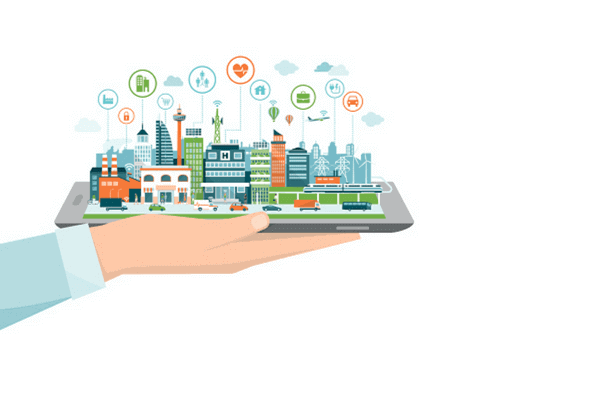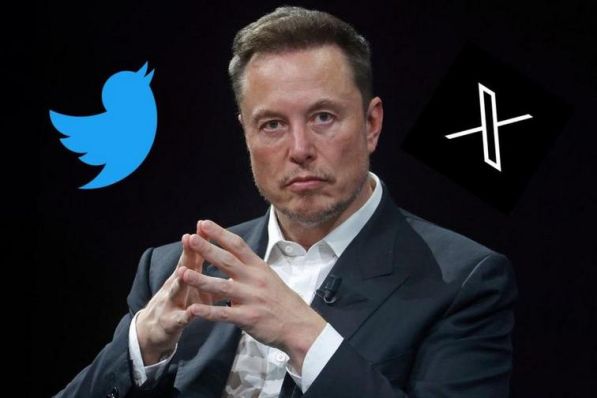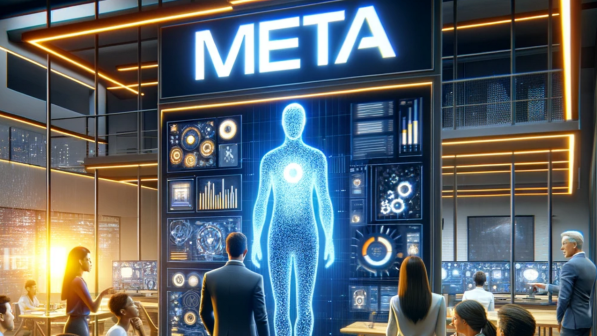Blockchain is a decentralized accounting system that multiple users can trust. It is a scheme in which the parties cooperate to facilitate the transaction process, making it more secure and anonymous. In this article, we will address how blockchain can affect everyday life and boost the development of smart cities.
It’s important to note that Blockchain is a database made up of blocks of data. Each block represents a single transaction taking place on the network. It implies altering the ownership of an asset, or any other change to an asset, on the Blockchain.
Assets can be physical, intangible, or digital. They may also take the form of tokens or cryptocurrencies. The immutability of blocks is a significant feature of Blockchain technology. Make a case for hiring a Blockchain developer to fulfill your goals. Once a block has been established and verified on the Blockchain, there’s nothing that can alter or delete it.
After each change, two blocks are generated: one for the hash of the altered data and another for the timestamp. These blocks are both immutable. The data on the Blockchain is cryptographically encrypted in a way that guarantees security and anonymity among participants.
The world population is increasing at a staggering rate, with the United Nations predicting that it will reach over 10 billion by 2050. Furthermore, in cities rather than in rural areas, there will be more individuals by that year. In light of the present climate change scenario, the figures are only going to get worse.
As the number of people living in cities grows, delivering services such as housing, food, water, electricity, health care, education, employment, and transportation becomes increasingly difficult. They will require services such as housing and food provisioning. Our cities will become post-apocalyptic and cyberpunk civilizations if these are not adequately addressed.
Not only can blockchain developers play a role in administrative areas, but they can also contribute to other sectors such as urban planning, transport, public safety, and the environment. Some examples include sustainable transport, smart buildings, and the management of public space. Developers with experience in this field will be in high demand as more and more industries begin to adopt blockchain technology.
Recently, Universal Identity cards have been gaining popularity among governments across the globe. The idea of global IDs seems like it would be helpful in combating terrorism. They could theoretically increase national security, prevent identity fraud, and make life easier for citizens. However, through the use of Blockchain technology, cryptography could be used to store identity information; this gives people more control over their data- another potential benefit of this program.
Blockchain-powered applications have various use cases, one of which is the ability to send and receive payments quickly and easily. This type of technology is ideal for companies with remote employees who need to be reimbursed, as well as small business owners who want to transfer money without having to pay additional transaction fees. Another potential use case for blockchain technology is within government institutions.
These are just a few examples of how blockchain can help with smart cities, making things easier for people, government, security, and more.
Related Posts





